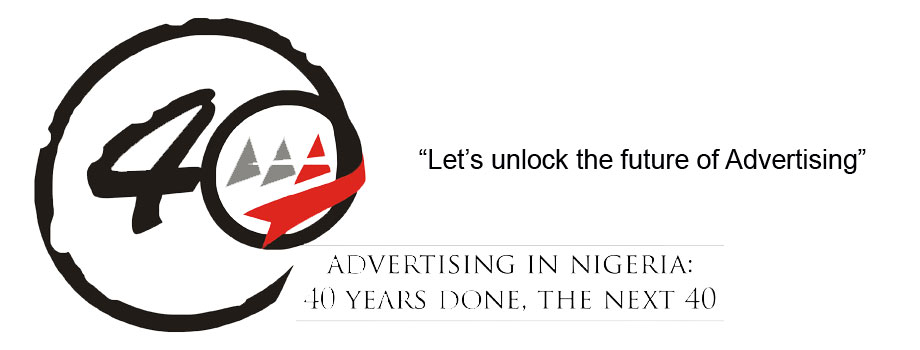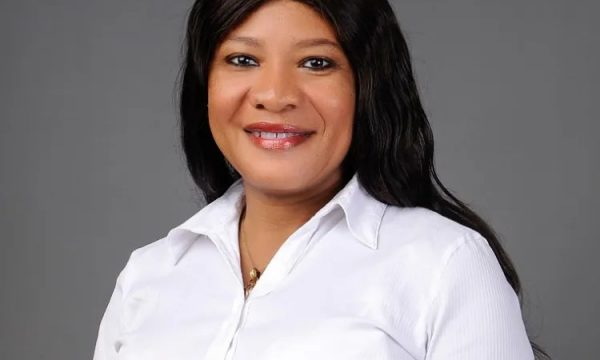Experts say to succeed in today’s fast moving marketing environment, regular data on consumer trends and preferences by companies and advertising agencies help brands connect with consumers. DAVID AUDU reports.
The world is in a flux, and the fluidity of it is more pervasive in the market place as trends keep changing daily with the rising sun.
A recent study indicates that about 85 per cent of business is driven by brick and mortar, physical store retail stores and only 15 per cent online. But the researcher emphasized that while it is “easy to think our attention should be tied to the stores, but that the 15 per cent online packs more punch than any other because those who are buying online are the future, and that is where the trends lie, and where brands should focus.
According to the research, “it is not enough to keep your finger on the pulse of this digital customer, but to understand that they are the trends setters.”
The research notes further that, “the brand who moves at their speed, who watches them, who engages them and who understands them, are the market leaders, because, they live where this customer lives; they are watching the customers.
But unfortunately, most brands don’t, and that is one of the major reasons brand die, live in the past glory and gradually becomes irrelevant in the competitive space and eventually die”.
With this realization, it has therefore becomes imperative that brands had to rethink and re-strategize how they market and communicate to the digital consumers.
The exposure to multiplicity of information and communications have ensured that consumers continue to maintain multiple identity, and to borrow a word from Will Harris, writing in Marketing Magazine recently noted: “in a world where consumers have multiple identities, brands must find new ways to keep up with them”.
However, the challenge is how brands can find new way to keep up with the seemingly ‘sleeky’ trends consumers are being exposed to or are being bombarded with on a daily basis.
Today, tens of millions now use the internet, buy the latest smart phones, and run some of the most innovative apps, making it a priority and exciting market for multinational brands looking to invest in emerging markets such as Nigeria.
Truly, they will invariably want to know the most burning trends driving change across the Nigerian landscape, which unarguably, is Africa’s biggest consumer market.
They will undoubtedly also want to know consumer trends across board and on a daily basis. With the fear of being left behind in the trends race at the back of the mind, brands will continue to innovate to meet consumer expectations.
Again, how do agencies innovate to help brands monitor this fast lane trending and the impact on consumer behaviours?
Speaking with National Mirror on the need for new thinking in brand engagement with consumers, General Manager Orpheus Communications Limited, Pekun- Plexxy Oloyede, believes that as today’s consumers are on a fast lane with the changing trends, brands should also keep track of the trends.
This he said requires forward looking and proactive agency, which understands the cultural nuances, motivations in Nigeria and how they can be used to incite the Nigerian consumer. He said time has come for agencies with practical experiences on how brands and new businesses can navigate the seemingly complex Nigerian market, using methodologies and insights that can be immediately applied to pressing brand and consumer problems.
Yinka Olojobi, the CEO of Beneath the Surface, an online fashion consulting firm said, “before it used to be engagement through hard core market research agencies, and to a relative extend, research agencies are still relevant, but the art and science of monitoring the day to day buzz of trends in fashion, music, mobile phones, and sundry happening requires a different approach.
Something different and as radical as Harris puts it, ‘a deliberately schizophrenic agency to shake things up’. According the Chief Story Teller, TINK African, Frankline Ozekhome, which recently launched Trends Worth Billions said, “the growth of trans media storytelling, branded content, contextual planning and digital advertising is a big blow to the business models used by traditional advertising agencies and the type of engagement formats developed by marketers.
He said brand teams are now compelled to redesign and share brand experiences, platforms and products that not only have marketing ‘baked-in’, but are also engaging, sustainable and that resonate with target consumers.”
Ozekhome believes that is what TINK Africa has come to do in the marketing communications industry. He said communications strategies are gradually moving away from the traditional advertising and public relations approach.
He said: “TINK Africa believes that as the world makes a big Play for Africa, it’s time to rethink how to mark t and position Nigerian brands from mobile and telecoms, to health, retail, fashion, music and fast-moving consumer goods.
“It is imperative that we understand how best to connect the dots between the consumer, the culture, creativity, communication and commerce, adding that what it takes now to invest and win in the African market is a totally different approach. “Now, he said is the time to gear up for the now and next generations.
TINK is an acronym for (Trends + Intelligence Network), a part-consumer intelligence, part-trends research, and part-innovation company, perhaps, the first of its kind in sub-Saharan Africa. Ozekhome, the founder of TINK Africa who has spent a decade in advertising (media planning, brand strategy, account management, digital planning, marketing and new business) says he “knew it was time to roll out an innovation company that would capture real time trends.
“Africa was on a ‘roll’ and needed new thinking; strategies and experiences that would help brands stand apart in the minds of consumers. According to Ozekhome, TINK is specifically designed as an innovation hub for agencies, brands and creative professionals seeking inspiration, practical case studies on what’s going to happen next in their industries, and how they can leverage and commercialize trends for their own benefit, experience a whole new world of understudying, marketing and engaging with African consumers.




